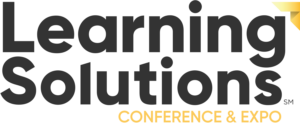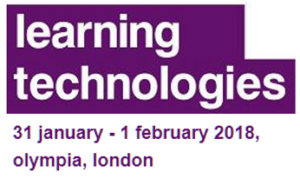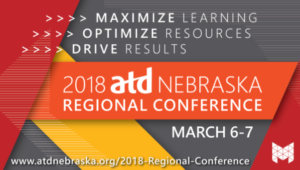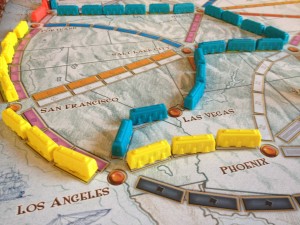 I’ve been interested in games and learning long before I became aware of and fascinated by the concept of “games and learning”. As a kid growing up, I loved games in just about all forms – video, board, or anything else.
I’ve been interested in games and learning long before I became aware of and fascinated by the concept of “games and learning”. As a kid growing up, I loved games in just about all forms – video, board, or anything else.
In truth, my interest in games was both an asset and a liability socially as a child. On the one hand, my friends looked to me to be the organizer of a game. If there was a game to be played, chances are I was the one to lead the first few plays to help everyone get on board. We all have roles we play in our social groups, and “Games Master” was one that I played.
On the flip side, I also could frustrate my friends at times with my constant desire to tweak a game – changing a variable here, adding a new criteria for winning there, etc. I’ve always been fascinated by how a small change could radically alter the play of a game.
Fast forward a few years and my interest in games naturally found its way into the work I was doing as a trainer. I spent a long time as a classroom trainer before elearning emerged. Games were a natural extension of the classroom experiences I led, even though I can’t remember ever saying phrases like “we’re going to play a game”. Games were so embedded into my DNA that their mechanics naturally emerged within the activities I built in my classes.
Over time I’ve been thrilled to see these connections that just felt natural to me emerge more formally as what our industry now calls Game-Based Learning, Gamification, and related topics. People in our field have noticed the power games can have on learning experiences, and more and more are looking to leverage this power in their work.
In my role at the eLearning Guild, I get to have a unique perspective on the industry. While most others view our industry through the context of their individual work, I’ve gotten the opportunity to view the collective work of our industry as a group, which helps me see the trends that are emerging within our industry as a whole.
Seeing the energy building around games and gamification in recent years has been exciting. New research around the topic continues to emerge, as are case studies that are enabling people to share their successes (and failures) in these areas. There’s a growing maturity in these topics that excites me. We’ve seen it at our recent Games and Gamification Summit, at our annual Game Crawl at Learning Solutions, and the energy continues to crescendo in our industry, leading to the inclusion of games as a focus at this June’s FocusOn Learning Conference and Expo.
On a smaller scale, I’ve seen the growth of games for learning take shape via the Play to Learn workshops led by Sharon Boller and Karl Kapp at our events. We’ve hosted this workshop a number of times at our conferences, and it’s been interesting to see the size of the crowd grow each year.
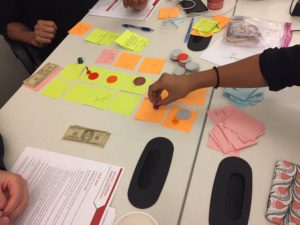 The Play to Learn workshop was always intriguing to me. It truly earned its title, as workshop attendees not only learned about games by playing them, they also learned about games by creating them collaboratively. It’s a truly unique experience that gets rave reviews each time we host it.
The Play to Learn workshop was always intriguing to me. It truly earned its title, as workshop attendees not only learned about games by playing them, they also learned about games by creating them collaboratively. It’s a truly unique experience that gets rave reviews each time we host it.
A few years ago I had the privilege of stepping into the workshop to assist Karl when a scheduling conflict prohibited Sharon from attending. Getting to see the workshop from that perspective was truly one of the highlights of my time with the Guild. I got to see first-hand how the workshop helps attendee “get it” when it comes to games. There were a few moments while assisting the workshop that you could see the A-Ha moment emerge from attendees. It took different forms, such as understanding a game mechanic in a new way, or truly under-standing the differences between games, gamification, and/or game elements.
But there were an A-Ha moment that sticks with me to this day. It was when an attendee connected the dots and had an “Oh. I just realized how this can help me in my work” epiphany. That’s what I always strive for when I lead groups in sessions, and it was great to see that emerge with people in the Play to Learn workshops.
The workshop is an experience that does more than help people connect the dots around games and learning. It also takes that connected knowledge and puts it into practice. My only challenge with the workshop is its limited scalability – I remember chatting with someone after the workshop I assisted Karl with, suggesting that “I wish more people could go through this workshop – it would help our games conversation as an industry.”
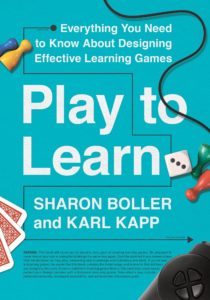 It’s that wish that led to my excitement in learning that Sharon and Karl collaborated on the book Play to Learn. Books have a reach that workshops do not, and this new book will help extend the Play to Learn conversation to people and spaces well beyond that of the workshops we host. I’m looking forward to reading the book myself, and exploring how the Play to Learn workshop experience is translated and expanded upon in book form.
It’s that wish that led to my excitement in learning that Sharon and Karl collaborated on the book Play to Learn. Books have a reach that workshops do not, and this new book will help extend the Play to Learn conversation to people and spaces well beyond that of the workshops we host. I’m looking forward to reading the book myself, and exploring how the Play to Learn workshop experience is translated and expanded upon in book form.
As a person that has assisted in the Play to Learn workshop, I can confirm that it’s a transformative experience for people interested in exploring games and learning. As the Executive Director of The eLearning Guild, I can also confirm that the workshop has helped push the games and learning industry conversation forward, adding to the growing body of knowledge on the topic. I’m looking forward – both from my personal interest and in the interest of our industry – to seeing the Play to Learn message extended via the Play to Learn book.
For more on the book, visit the official page.

